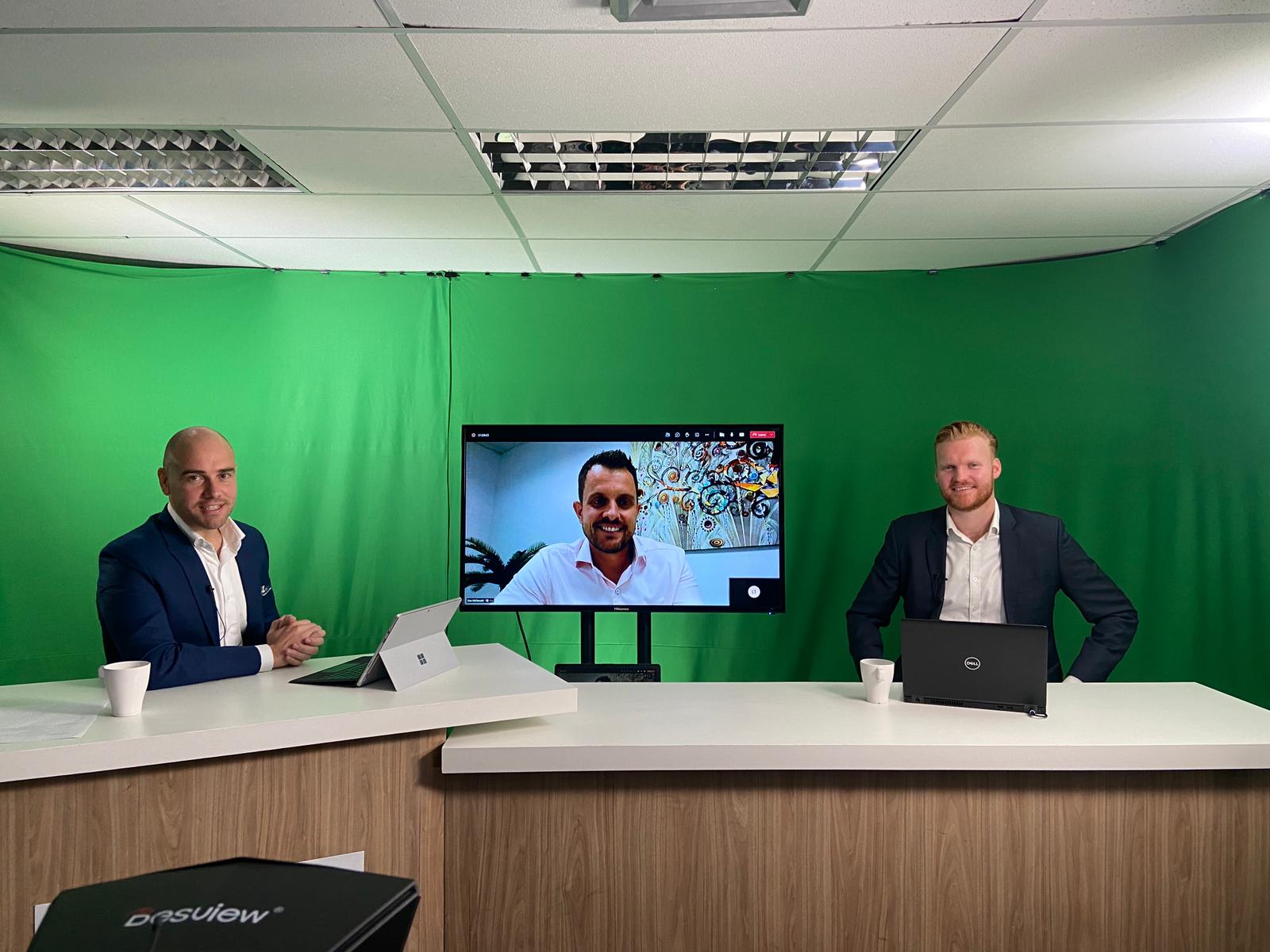Rising COVID infection rates have made it even more challenging for companies to secure their supply chains, both now and for the foreseeable future. To avoid repeating mistakes made in 2020 by businesses in a variety of industries, it is worth understanding the most important lessons from the first year of the pandemic, so companies can focus on applying them successfully today.
To talk through the relevant issues, I recently sat down with two experienced leaders at Connexus: Ben McDonald, our Director of Asia Pacific Procurement & Supply Chain Practice in Singapore, as well as Andrew Evans, our Manager of Supply Chain & Procurement for Southeast Asia.
What follows is a summary of our discussion, highlighting the current prospects for Supply Chain & Procurement (SC&P) developments around Southeast Asia, and what businesses across the region can do right now to put themselves in the best position to succeed.
Adaptations prompted by the pandemic
Ben highlighted three distinct trends observed throughout the SC&P markets, namely:
· A shift in focus toward short-term reactive strategies and supplier risk management, with an aim to increase the general supply base
· Maximising current supply chain teams without added expenditure, through job diversification and upskilling
· A ‘China+1’ strategy of supply chain diversification, albeit without widespread agreement on which country represents the best ‘+1’ option
On the third point, Andrew added some important specifics:
Key growth industries have been food processing, consumer goods, textiles, chemicals, and electrical goods sectors to name a few. Vietnam has comparatively low labour costs that make it a very tempting prospect for many businesses. Thailand and Indonesia also have competitive labour costs and additionally have the robust infrastructures to support larger manufacturing companies that can use it as a production and shipping hub regionally – even globally in some cases.
How companies can improve their position
As MNCs relocate their manufacturing centres, Andrew stressed the importance of effective staffing. He offered the following tips from a human capital perspective:
· Find a good recruiter, and stay in contact with them to keep abreast of new developments
· Hire for critical thinking, problem solving, stakeholder management, and adaptability skills, as the landscape will continue to change
· Support and empower your teams to prioritise speed and make the right decisions independently
These steps, along with a focus on improved processes which allow team members to work well together remotely, can make supply chains more durable in the face of unexpected events.
Moreover, as Ben and Andrew both noted, global consciousness regarding sustainability has led to a new wave of green initiatives within businesses – and SC&P has an important role to play in helping brands meet ESG criteria. The recruitment market has consequently seen a rise in demand for skilled talent to fill these new positions.
Technology and the way forward
Ben also stressed that as SC&P processes rely increasingly on modern technology, supply chain talent should ideally play a dual role. A firm understanding of supply chain processes, strategies, and operations will always be needed, alongside all of the soft skills that make successful collaboration possible. At the same time, however, the ability to understand and embrace new technology is also key, as modern systems can have a steep learning curve.
Our conversation touched on other points as well, with Andrew noting that from the company’s side, and particularly as the pandemic remains a disruptive force, safety remains of primary concern across all roles.
Both Ben and Andrew agreed that with the right strategy and staffing, companies can push forward successfully through the current changes in the SC&P environment. Though optimal solutions can seem elusive in today’s tight economy, companies should remember that expert help is always right around the corner.
Let Connexus Global help with your recruiting needs, so your business can strengthen its supply chain for the months and years ahead. Contact us today to find out more.










